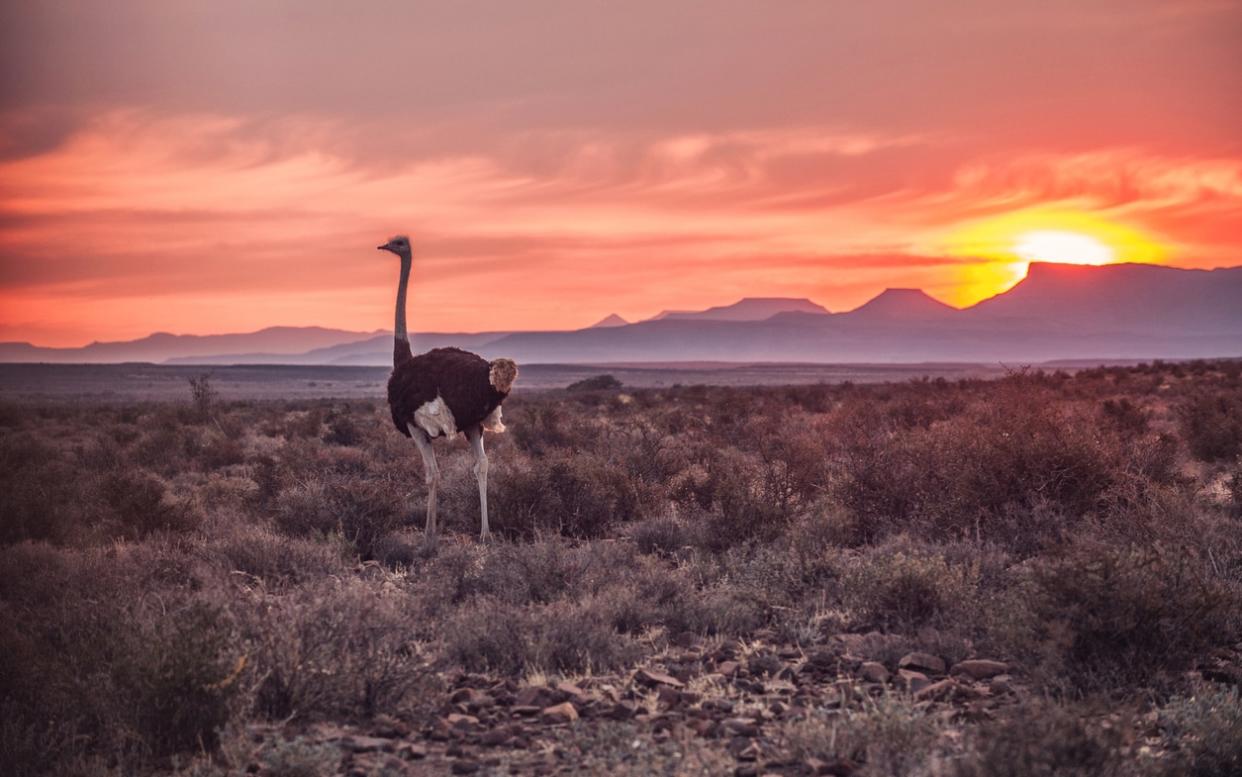South Africa's travel industry aims for September restart

Reports that the country will be off-limits until 2021 represent a "worst-case scenario" according to tourism body
South Africa’s tourism industry has hit back at recent predictions that international tourism will not restart before 2021, claiming that the country’s actual date of reopening is likely to be much sooner.
After a briefing from South Africa’s Department of Tourism on May 27, it was reported that international tourism wouldn’t be possible until February 2021. A further statement on May 30 from Tourism Minister Mmamoloko Kubayi-Ngubane said that, “based on the COVID-19 epidemic expected trajectory”, international tourism would return “next year”. These statements caused widespread panic within South Africa’s travel industry, which relies heavily on international visitors.
However, according to the Tourism Business Council of South Africa (TBCSA) – an umbrella organisation representing South Africa’s voice of business in the travel and tourism sector, the release of these predictions was premature. South Africa’s ‘Risk-Adjusted’ reopening strategy is based on levels of infection, not exact dates, so the timeline spoken of in parliament is a worst-case scenario and ‘purely speculative’, the body emphasised.
TBCSA has been instead advocating for an earlier phased reopening of the travel sector, that would see international tourists welcomed back to South Africa as early as September this year.
A Tourism Recovery Strategy is currently being worked on collaboratively by the TBCSA and South African Tourism Board, that aims to lift tourism out of lockdown ‘as close to September 1 as possible’, and will be presented to the government upon completion.
“The strategy is data-driven and advocates unequivocally for the opening of international tourism to South Africa this year,” TBCSA CEO, Tshifhiwa Tshivhengwa, told The Telegraph.
“We’ve looked at best practice from international destinations that are opening up to international travel and tourism, and have developed stringent health and safety protocols that are aligned with the latest World Health Organization, National Institute of Communicable Disease and Department of Health guidelines. These have been approved by the Department of Tourism and are being rolled out as we speak.
“These protocols are important because they will inform the exact timelines for the reopening of international tourism.”
The proposed recovery strategy includes an initial ‘preparation phase’ of six to eight weeks, followed by a ‘trial phase’ or Phase 1, where international markets with similar risk profiles and stages of pandemic would be allowed to travel to the country. The proposition has similarities to the air bridges scheme currently being worked on in the UK.
Tourists would have to follow strict safety protocols and the focus would be on travel to low-risk areas with lower population density, taking advantage of South Africa’s wide open spaces.
South Africa would then further open to key markets throughout Phase 2, before finally allowing all air travel to fully return in Phase 3.
“We are confident South Africa’s tourism economy can be opened up safely if we follow global best practice and the comprehensive protocols we have developed,” added Tshivhengwa. “By opening up in a responsible manner as close to September 1 as possible, we will save the entire 2021 inbound tourism revenue stream and tourism in South Africa.”
Saving South Africa’s struggling travel sector has become a priority for its government; the damage the continued lockdown has had on the industry has been profound. “At least 90% of our business is from international tourists, so we currently have no income,” owner of Johannesburg-based Buja Tours, Jabu Matsilele, told The Telegraph.
Forced to lay off members of his staff and cancel or postpone all bookings for the foreseeable future, Matsilele spoke of the liferaft a September opening would represent. South Africa's high season runs from November to March, and missing this could have devastating consequences.
Robert More, the owner of a collection of luxury safari lodges and boutique hotels who has been involved in the recovery plan, also confirmed the hugely detrimental impact of the lockdown “on our staff and wider communities”.
Despite this, More is able to remain positive thanks to the “committed, energised and aligned collaboration I have seen being part of this process” as well as the “willingness of the South African authorities to work with us on a solution to get the economy up and running as soon as safely possible.”
“It’s frustrating not to have a specific date to work towards, but we acknowledge that our reopening will have to take a phased approach. I’m confident that with the work that has been done, South Africa will be travel ready sooner, rather than later.”

